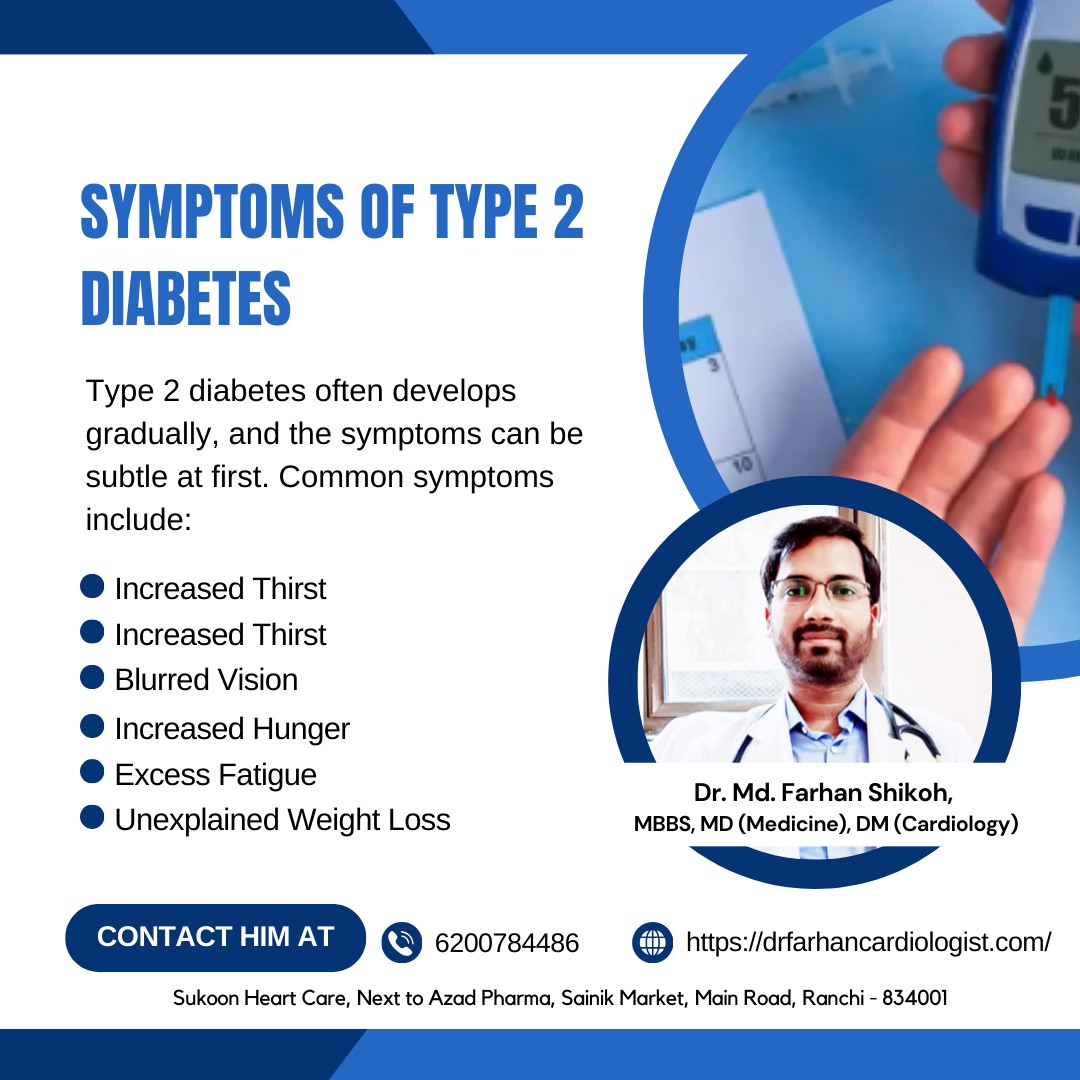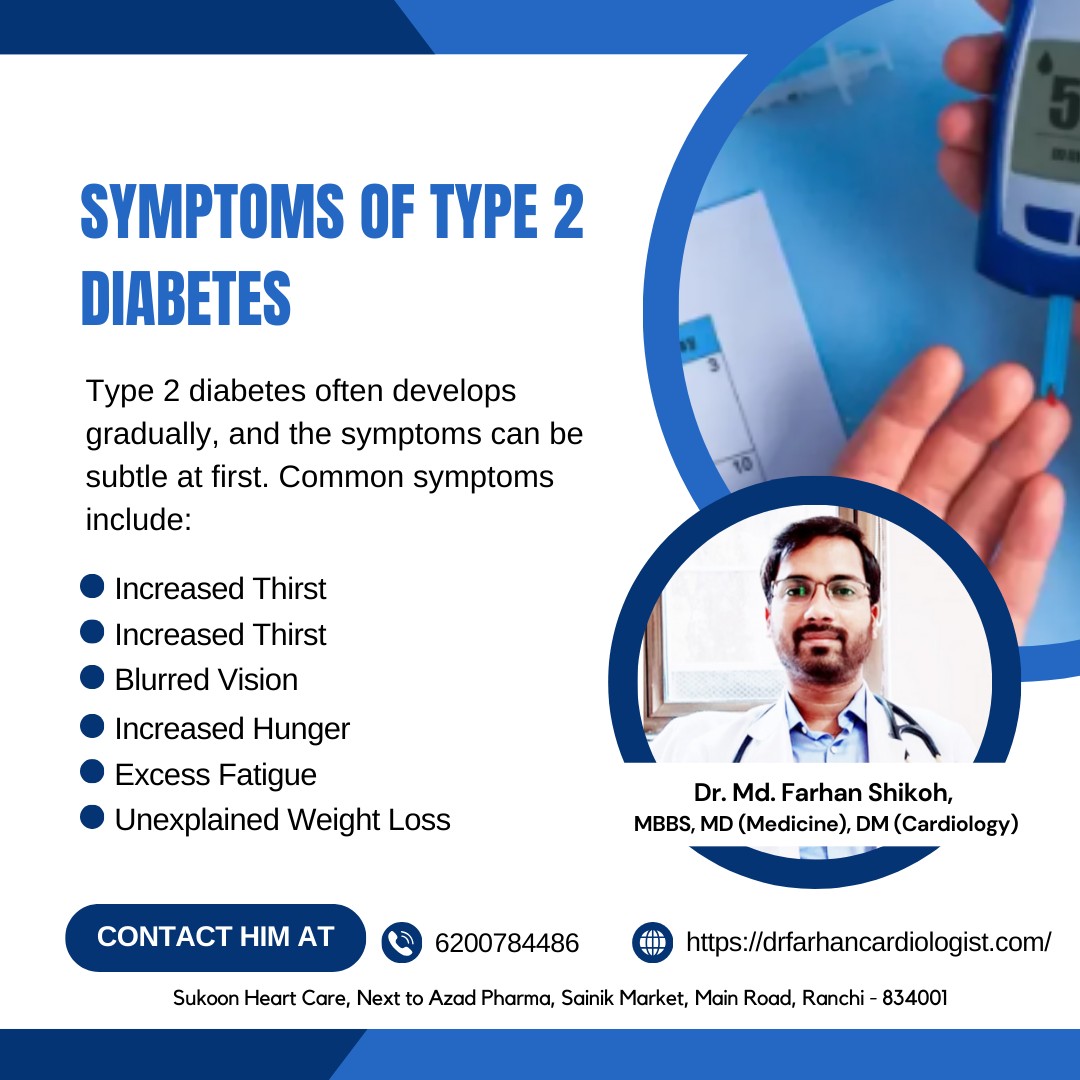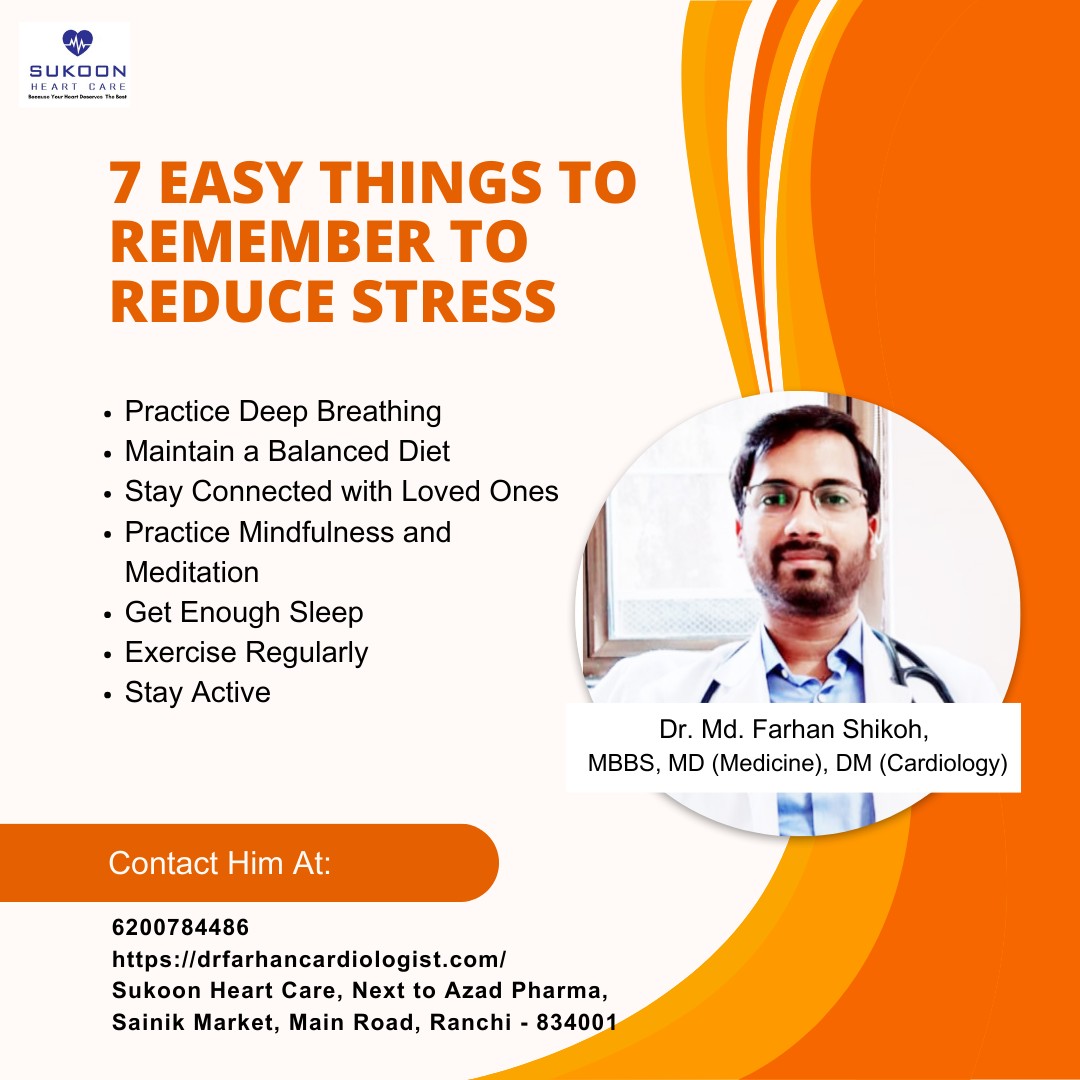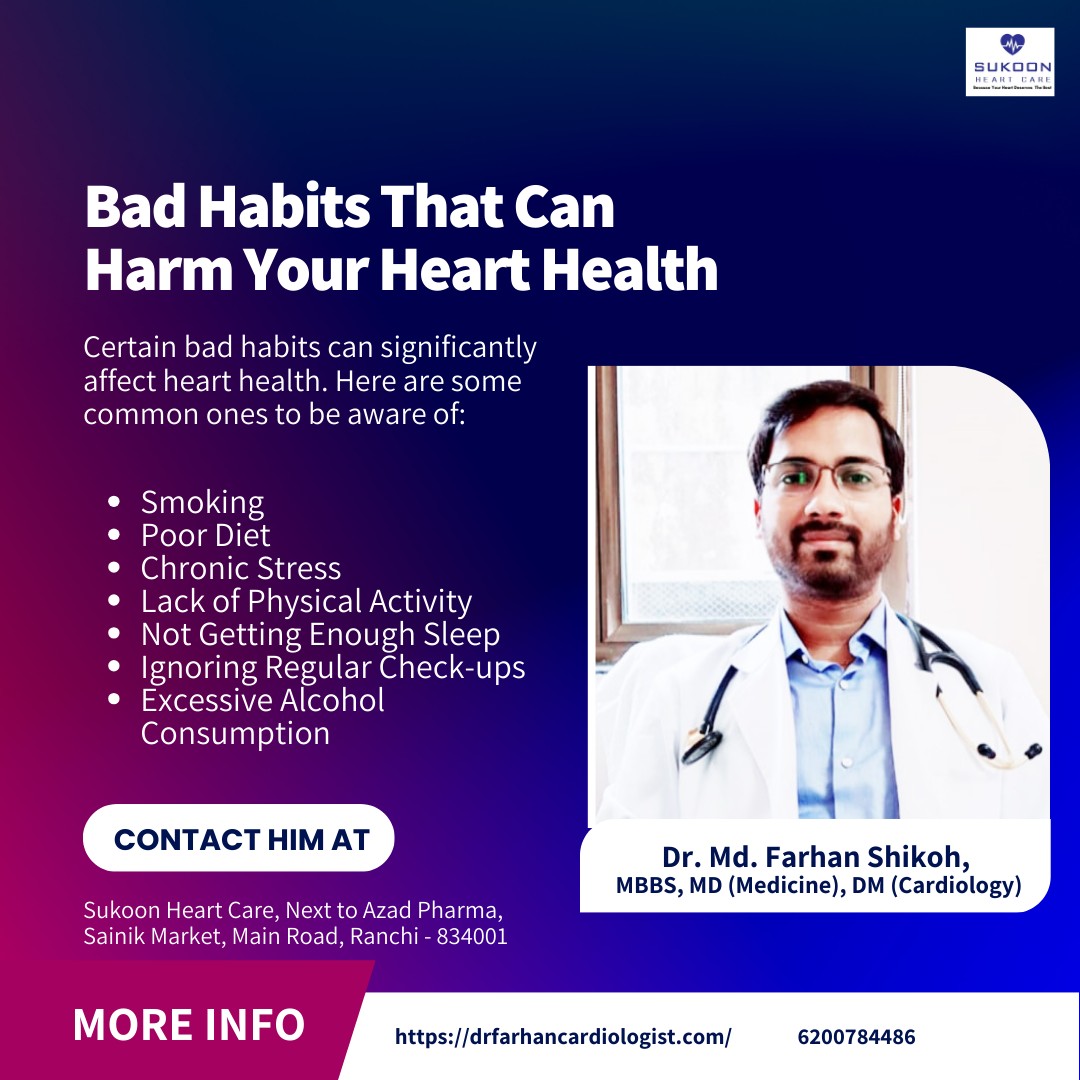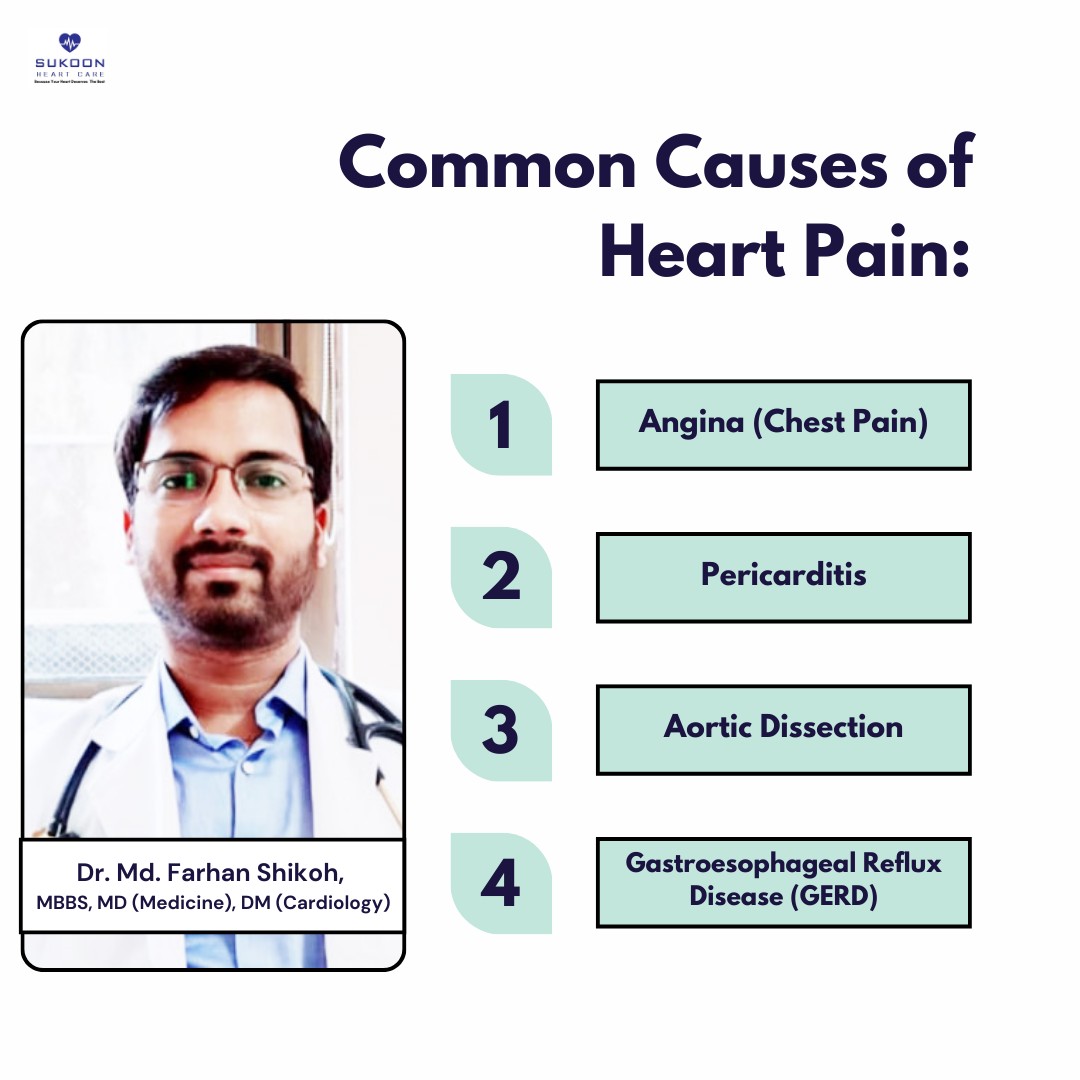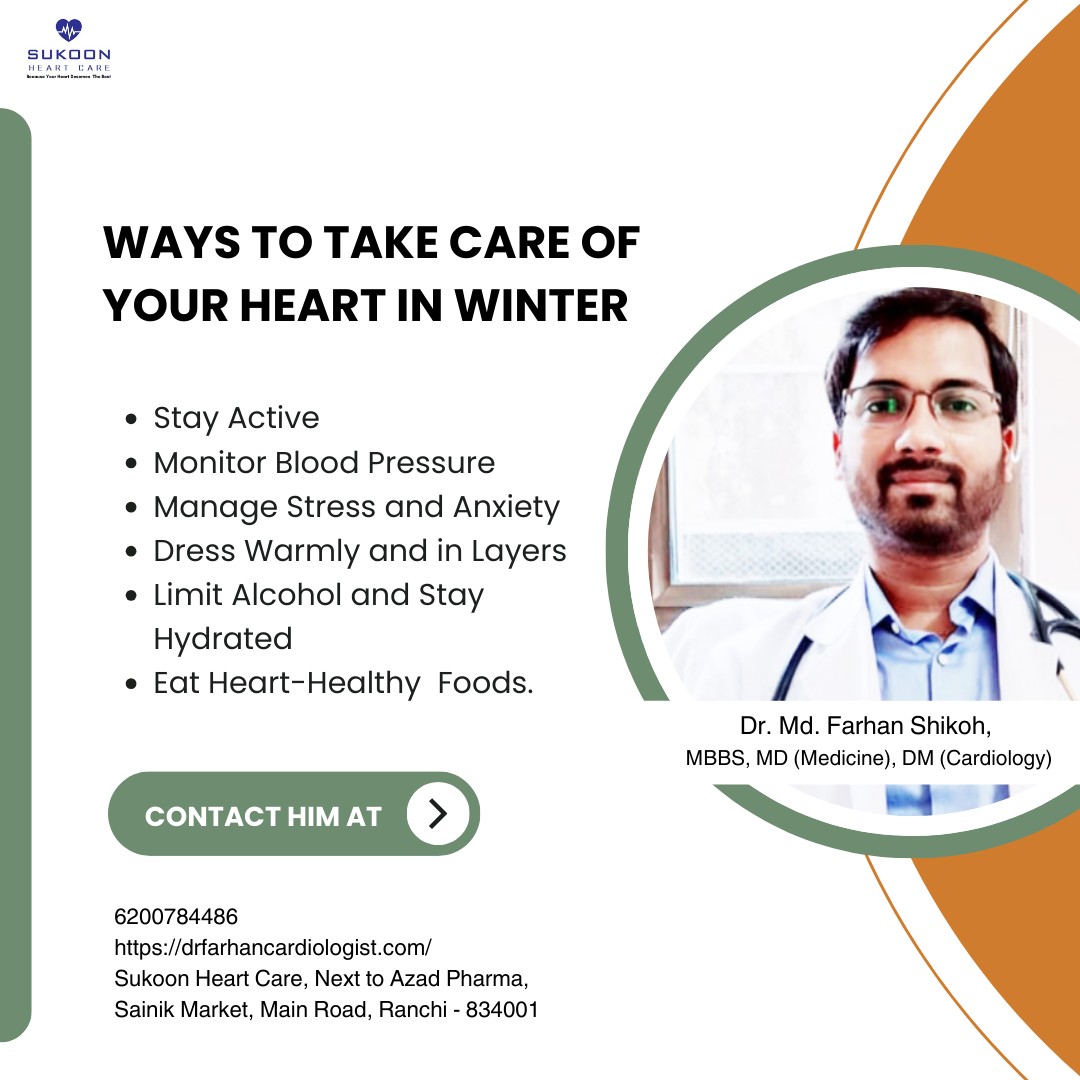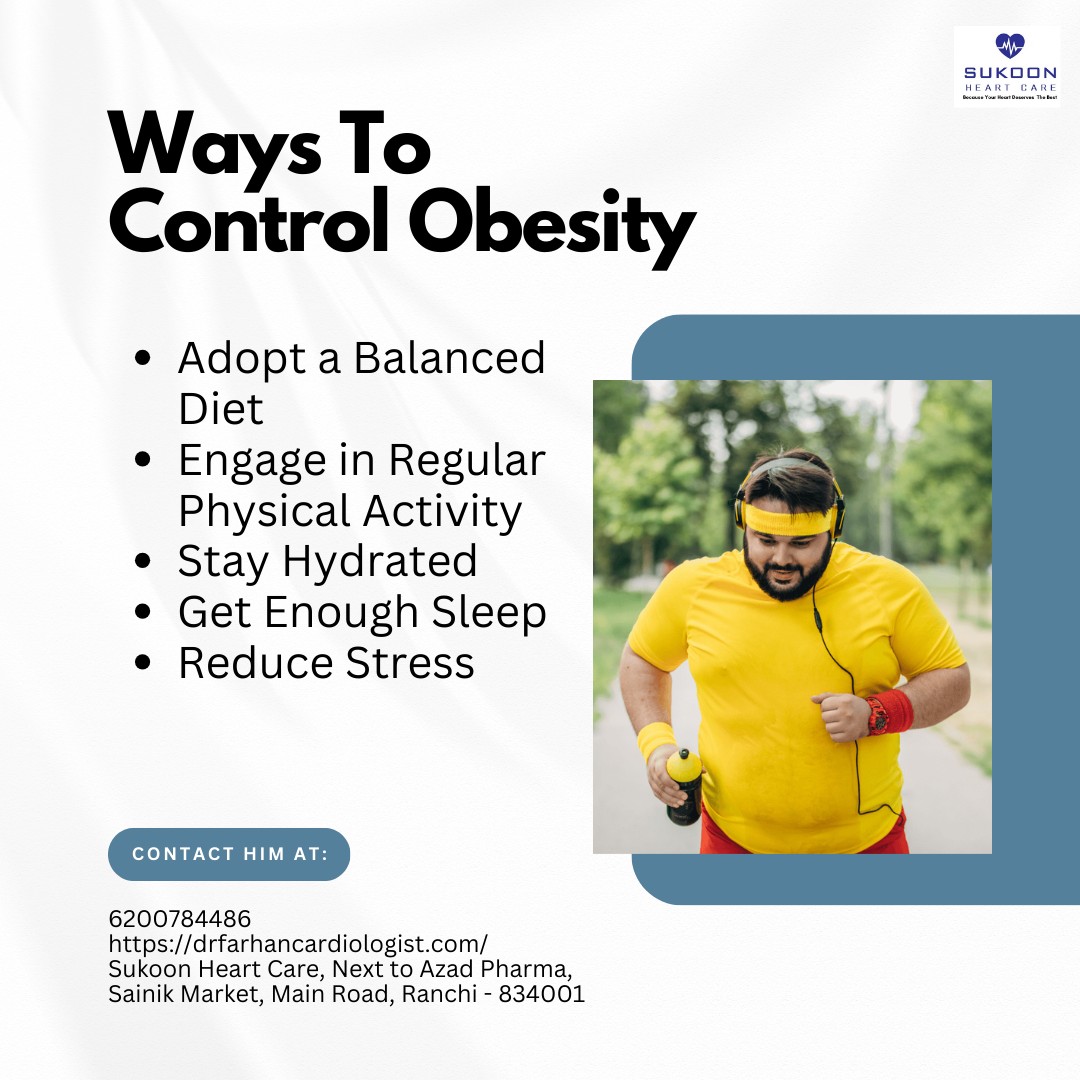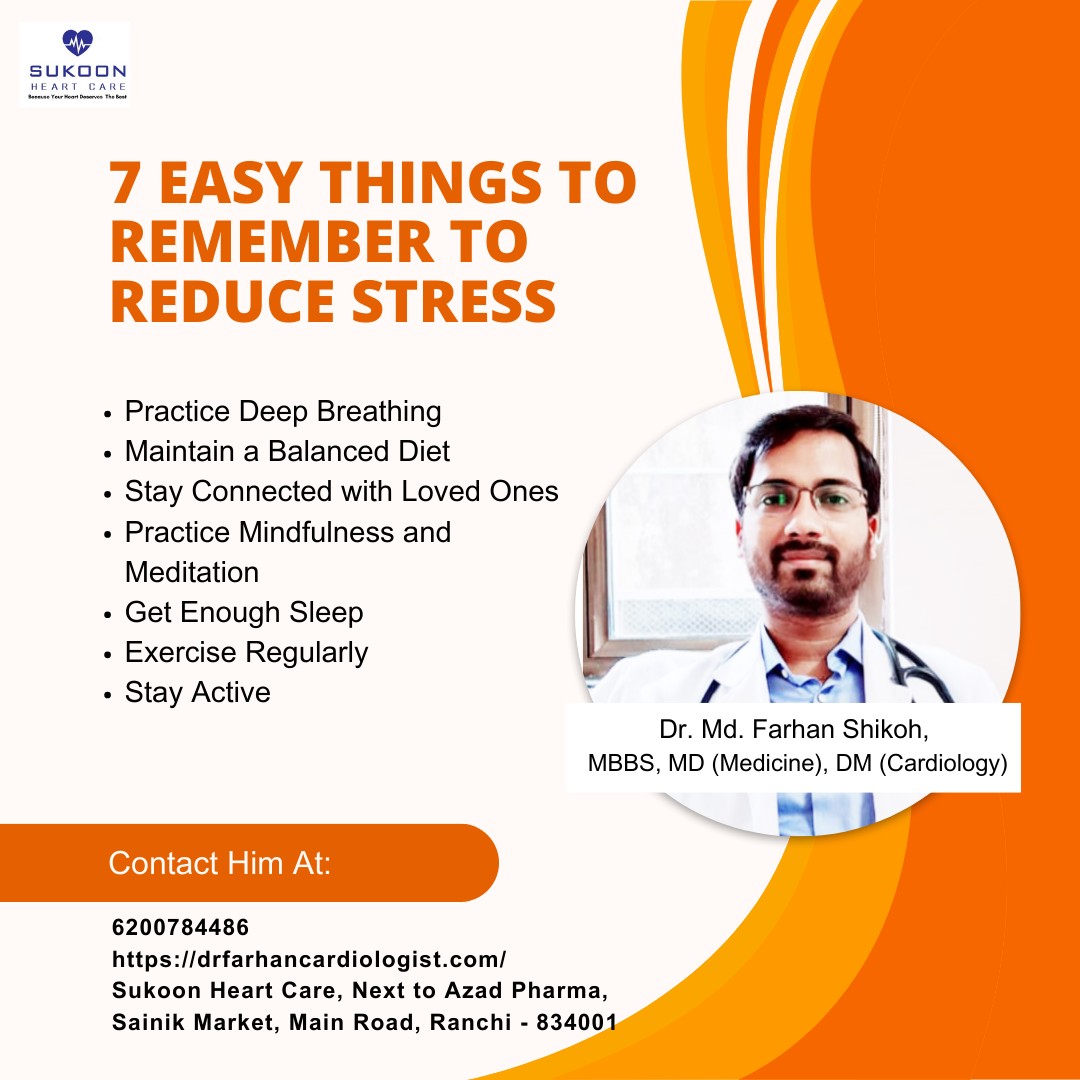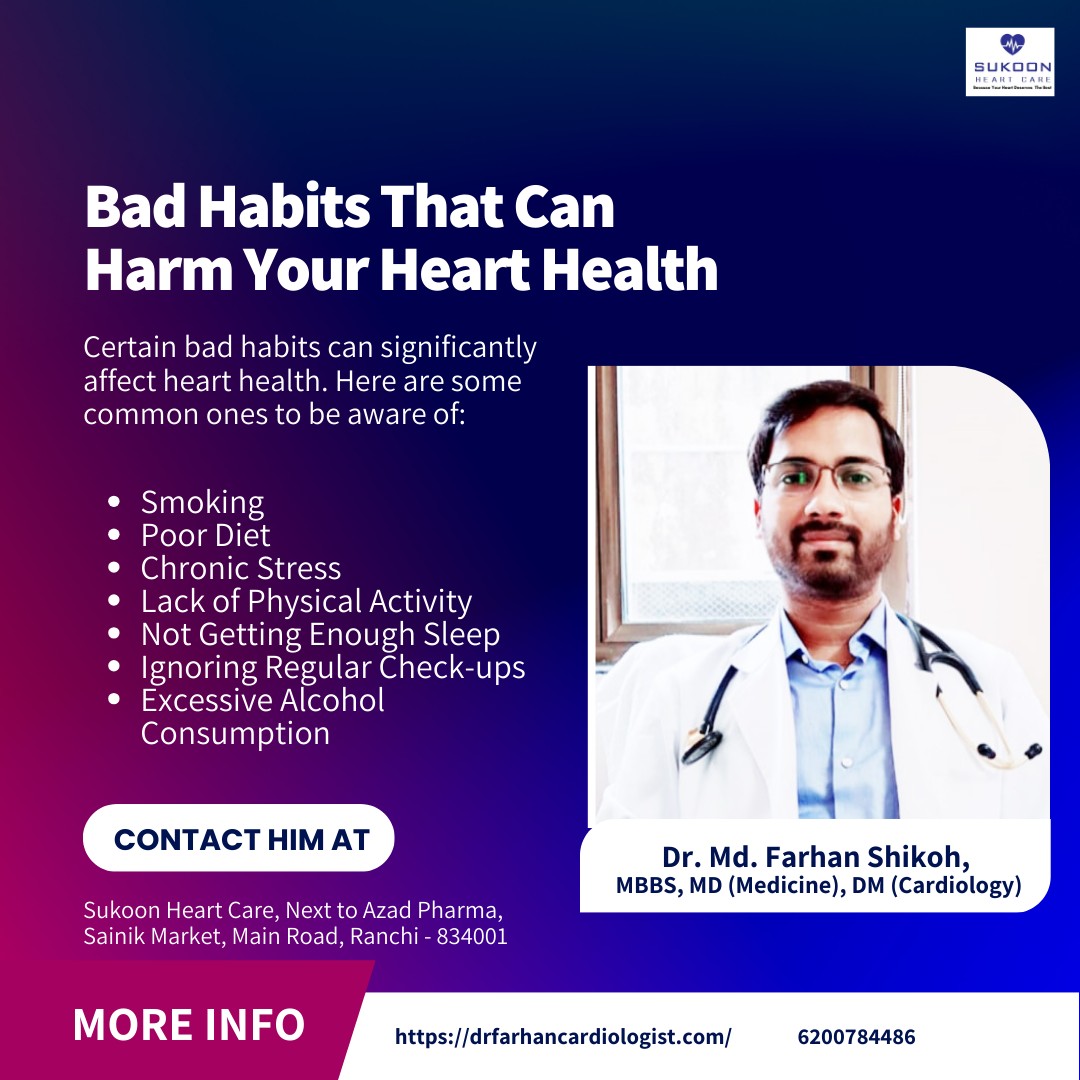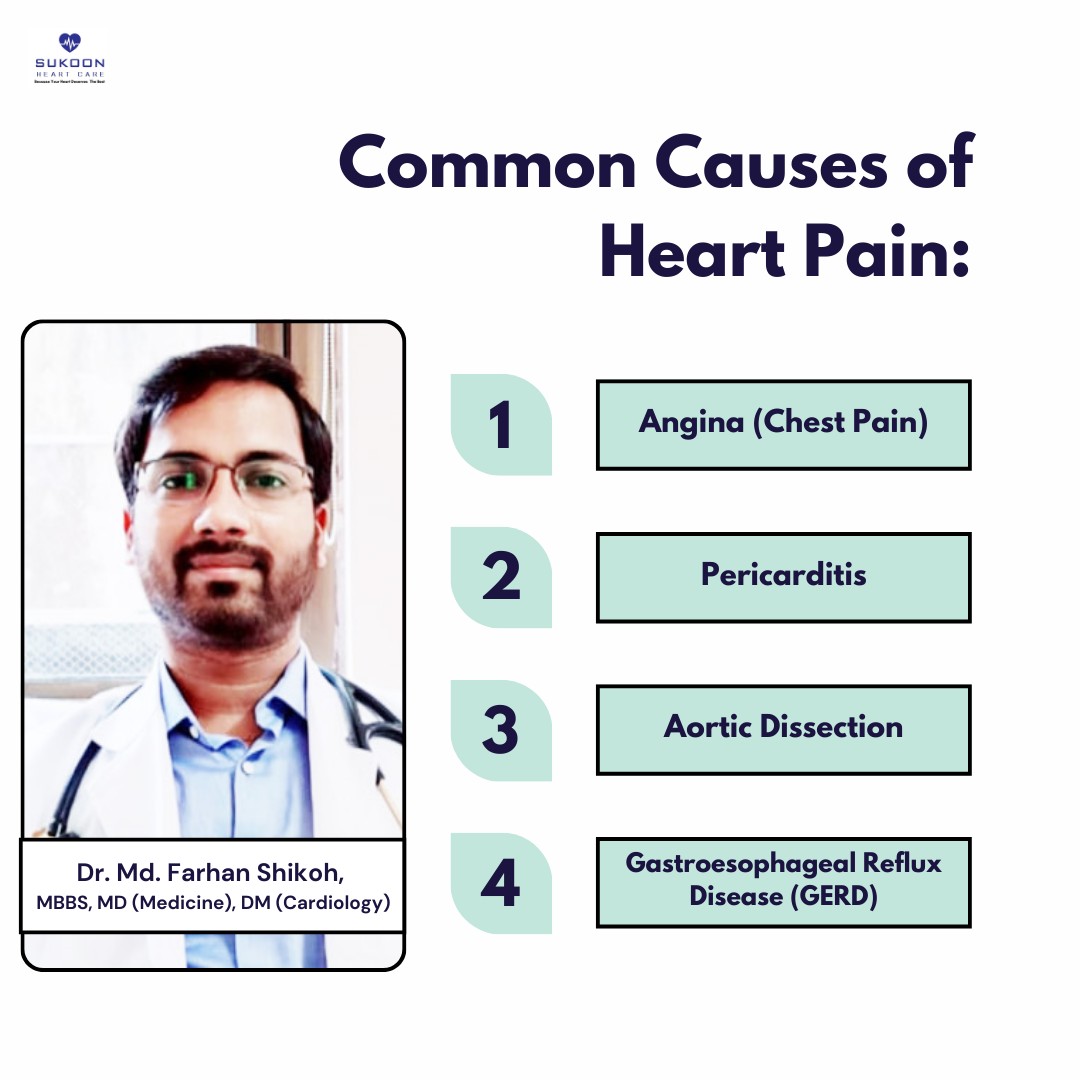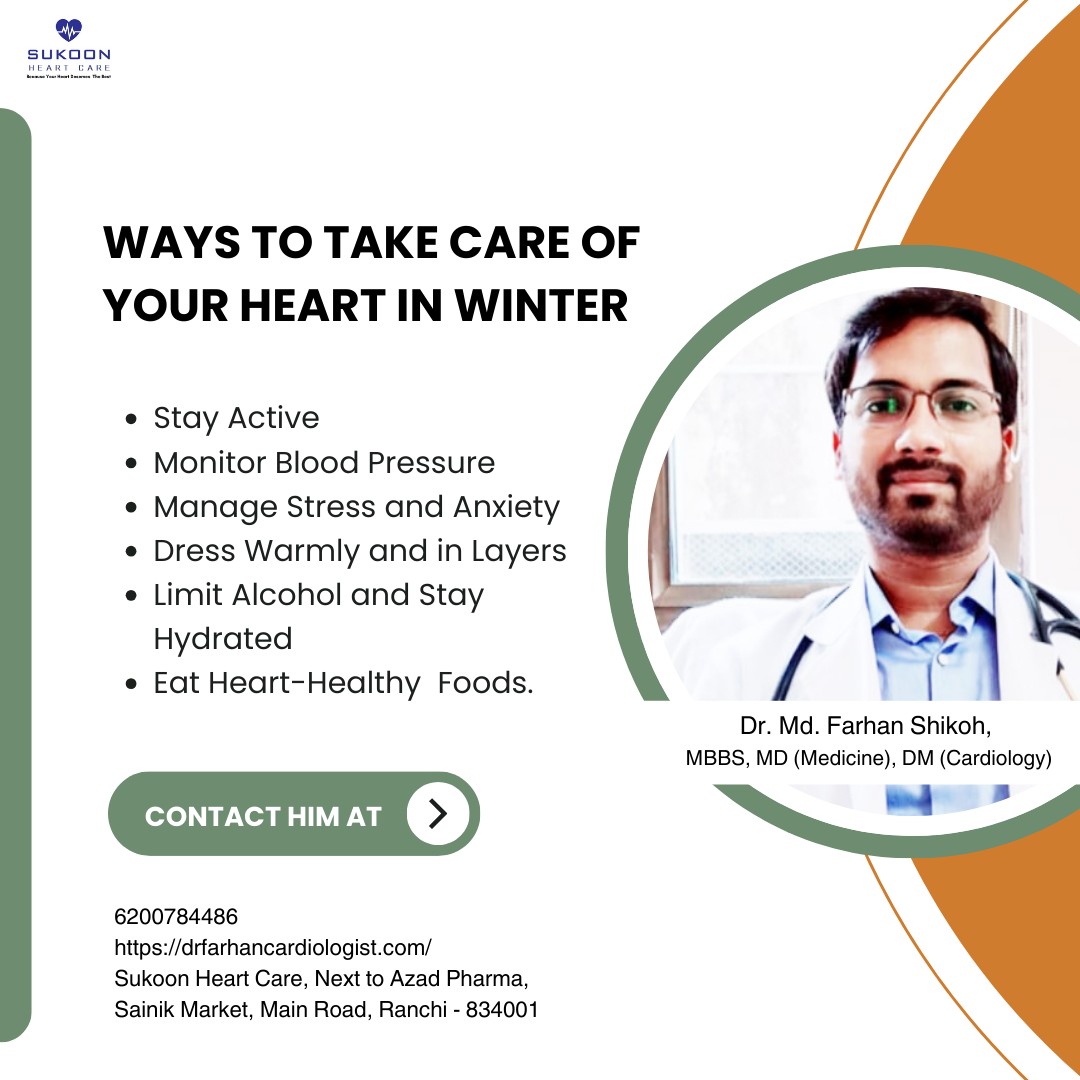Understanding the Symptoms of Type 2 Diabetes
Type 2 diabetes is a chronic condition that affects the way your body processes blood sugar (glucose). Unlike type 1 diabetes, where the body doesn't produce insulin, people with type 2 diabetes still produce insulin but their body does not respond to it effectively. This leads to higher levels of glucose in the blood, which over time can cause serious health complications.
It's important to recognize the symptoms of type 2 diabetes early. Often, the symptoms develop gradually and can be mild or even go unnoticed in the initial stages. Here are some common signs to watch out for:
1. Frequent Urination
High blood sugar levels lead to increased thirst, which in turn causes frequent urination. As your kidneys try to remove excess sugar from your bloodstream, you may find yourself needing to go to the bathroom more often, especially at night.
2. Increased Thirst
Along with frequent urination, an increased thirst is a hallmark symptom of type 2 diabetes. This occurs because your body is trying to compensate for the fluid lost through urination.
3. Fatigue
Excess glucose in the bloodstream means your cells are not getting the energy they need, leading to fatigue and a lack of energy. This can make it difficult to carry out everyday activities.
4. Blurry Vision
High blood sugar can cause the lens of your eyes to swell, which may lead to blurred vision. Over time, this can result in permanent damage to the eyes if not addressed.
5. Slow-Healing Wounds
High blood sugar levels can impair circulation, which affects the body’s ability to heal wounds. If you notice cuts or bruises taking longer than usual to heal, it may be a sign of diabetes.
6. Unexplained Weight Loss
Even though you may be eating more than usual, your body may begin to break down muscle and fat for energy if it’s unable to use glucose properly. This can lead to unexplained weight loss.
7. Tingling or Numbness in Hands or Feet
Excess sugar in the blood can damage the nerves, leading to a sensation of tingling or numbness in the hands or feet, a condition known as diabetic neuropathy.
8. Frequent Infections
High blood sugar can weaken the immune system, making it more difficult for your body to fight off infections. People with type 2 diabetes are often prone to skin infections, urinary tract infections, and yeast infections.
9. Darkened Skin
Some individuals with type 2 diabetes may notice dark patches of skin, particularly in the folds of the neck, armpits, or groin. This condition is called acanthosis nigricans and can be an early sign of insulin resistance.
When to See a Doctor
If you experience any of these symptoms, it is important to consult a healthcare provider as soon as possible. Early diagnosis and management can help control blood sugar levels and reduce the risk of complications.
As the Best Diabetes Doctor in Ranchi, Dr. Md. Farhan Shikoh emphasizes the importance of regular health check-ups and lifestyle modifications for better management of diabetes. His expertise in both diabetes care and cardiovascular health ensures comprehensive treatment for individuals managing this chronic condition.
For consultation, you can visit Sukoon Heart Care, located at Sainik Market, Main Road, Ranchi, Jharkhand: 834001, or contact Dr. Farhan Shikoh at 6200784486.
For more information, you can also visit the website: https://drfarhancardiologist.com/.
#bestcardiologistinranchi #bestheartdoctorinranchi #bestheartspecialistinranchi #bestdiabetesdoctorinranchi #sukoonheartcare #ranchi #drfarhanshikoh
